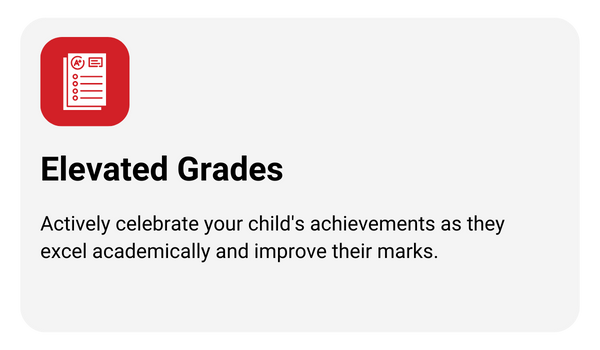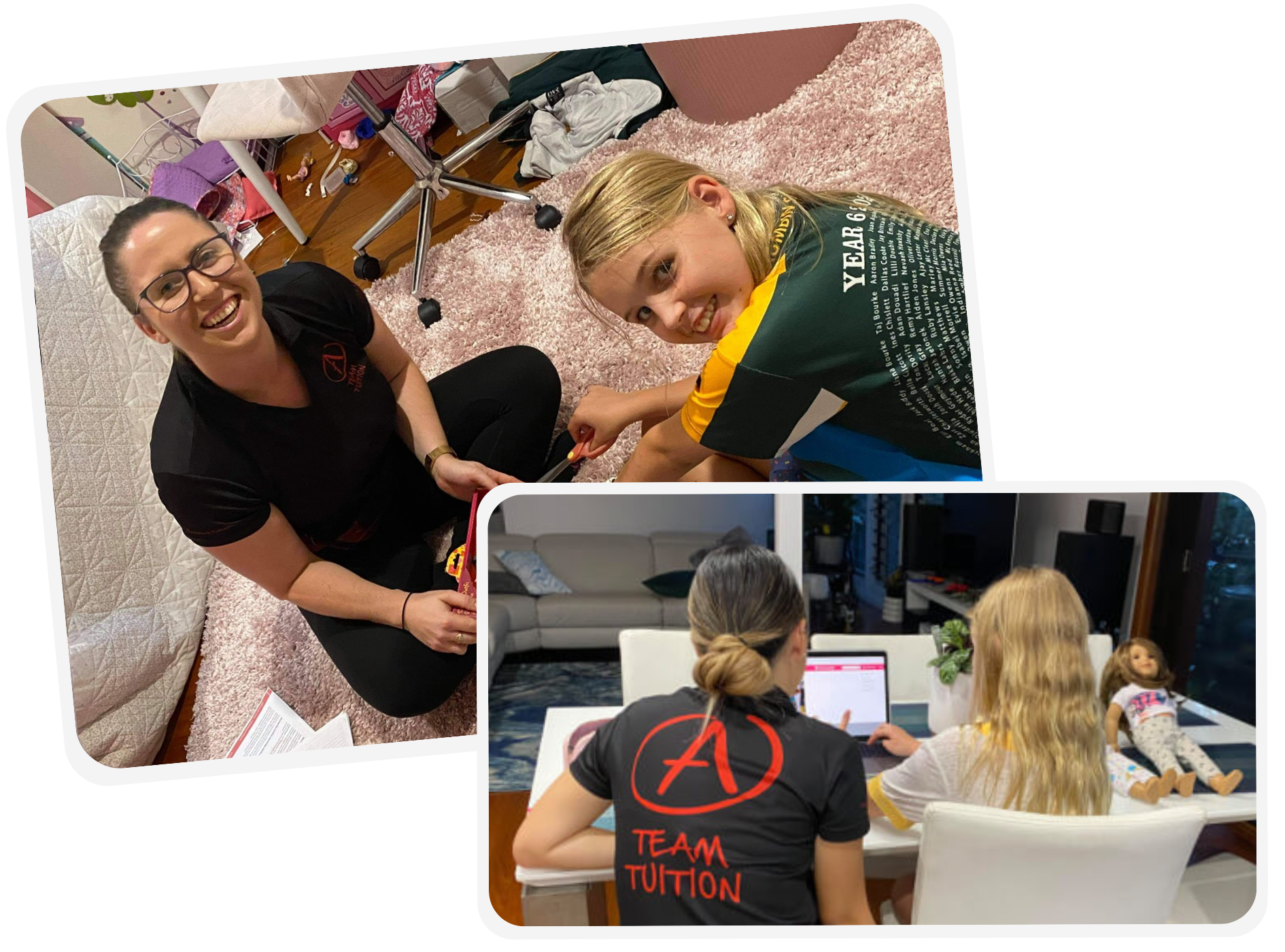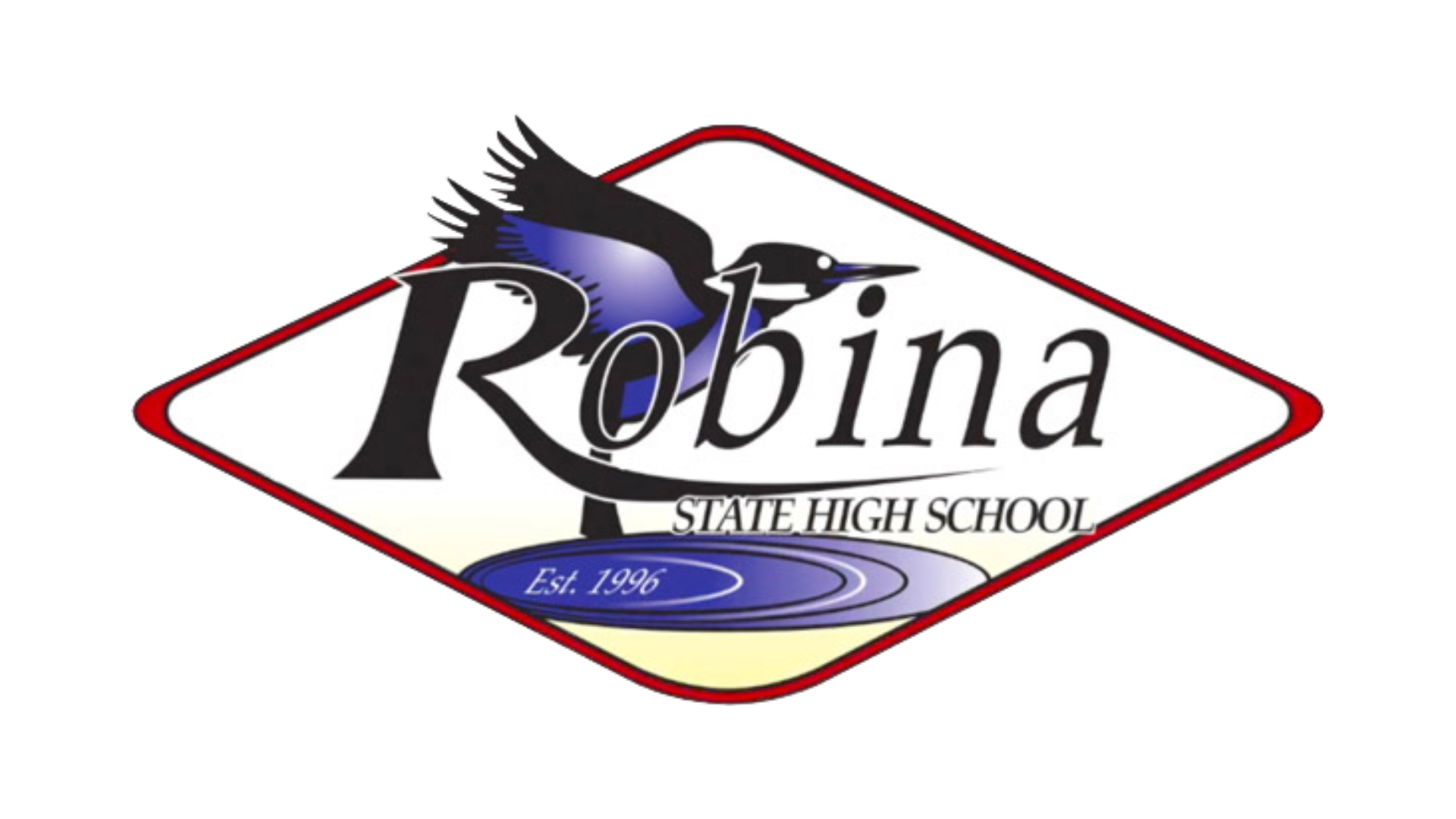How Our Transformative Tutoring Program Enhances
Science, Humanities & Other Subjects

OUR TRANSFORMATION PROGRAM DRIVES CHANGE IN YOUR CHILD BY BUILDING THEIR ENGLISH & MATHS FOUNDATION
We improve your child's confidence, motivation, and grades in just 6 months.
Our 6-month Transformation Program is a game-changing transformative tutoring program unlike any other and is transforming students across Australia. Our program takes a holistic approach, boosting confidence and motivation, backed by research-based methods and educational psychology principles. We're not just about improving grades; we're committed to transforming lives and nurturing well-rounded, confident learners ready to tackle the challenges of the modern academic landscape.
We've made a strategic shift to concentrate solely on English and Maths, recognising their pivotal roles as the foundation of all academic subjects. We firmly believe that by enhancing students' comprehension, analysis, and communication skills through English and reinforcing their mathematical principles and problem-solving abilities, we empower them to excel in any subject.
Join us in unlocking your child's boundless potential across all subjects!
IN JUST 6 MONTHS, YOU AND YOUR CHILD WILL EXPERIENCE

Confidence

Motivation

Grades

Focus

Skills

Support

OUR METHOD
Transform Your Child's Mindset
Teach Your Child the Strategies and Skills to Becoming a Successful Student
Mentor and Guide Them to Improve Confidence, Motivation, and Grades
Ongoing Support For Your Family
THIS IS WHY WE DO WHAT WE DO
“My daughter, Tara’s, first session has exceeded both hers and my expectation. You will never begin to understand the impact this session had. Tara had a level of energy and confidence that I have not seen in a very long time. She is so excited to continue to learn. Thank you so much.”
“Jasiel was very apprehensive initially, our APT encouraged Jasiel to speak about her math concerns and Jasiel soon felt a level of trust. The way our APT explained the concepts and encouraged Jasiel to participate was great and received by her very quickly. Our APT has a great approach, very warm, friendly and funny. He spoke about his love for math and his current studies which Jasiel was quite impressed with. I can see why you mainly use University students.
Jasiel is actually looking forward to ongoing sessions with her APT, he gave her such a boost to her confidence which has been so low, he didn’t question her lack of understanding or belittle her, he was so encouraging and supportive. He gave her tips, let her know what to put in her math workbook when she has her exam next week – a few “don’t forget” points. He was brilliant. After what I saw last night, I’m looking forward to seeing the end result in her overall school, study, motivation and confidence.”
“Their approach to working with young people as extremely professional and very much focused on the individual needs and circumstances of each child. A Team Tuition is focused on delivering the best possible outcomes to all students irrespective of their academic ability and are well versed in supporting children within the Out Of Home Care sector.”
“Bill received his math exam result yesterday and he received an A!!!! He is over the moon and we are so thrilled for him. His APT, Jordan, did a fantastic job working with him and his teacher to prepare him for his exam.”
“In respect of Teliah, she has been fabulous. Matthew got his marks and went to a B+ in a subject he had been failing, and his other subject was an A which had been a B that they had been working on.
Teliah herself has been professional, a good communicator, has provided timely feedback and has been on time herself in every event – well presented and once she did the first session well researched in the work she has been attending too with Matty.
She has definitely been a credit to your organisation and has justified the marketing that A Team Tuition has in respect of improvement.”
“Lydia has been a wonderful APT for Felix. She has a great manner and is excellent at teaching content across a number of subjects. She has also been a supportive coach and mentor to Felix, helping with exam techniques and building confidence. She always brings positivity, encouragement and good humour. We feel really lucky to have had her support and know she has made an enormous difference to how years 11 and 12 have felt and the results that he has achieved.”
“I am sure Jonathan will want to tell his APT, he recently received an A- for his Maths PSMT. This is an amazing turnaround from when he started with A Team Tuition (Term 1 2023). I am very happy for Jonathan to continue!”
“Before Belle’s first tutoring session she was a little anxious and kept asking me “what will I ask her?”….”what will she do?”. After their first session, Belle is upbeat, positive, calmer and feels Jessica is a perfect match for her saying, “she’s just like me”. Thank you so much for making the effort to match Academic Personal Trainers based on personalities; it makes all the difference.”
“My daughter Maddie was really impressed with her first session with her Academic Personal Trainer, Derek. She said Derek was excellent and there was just no comparison with her last tutor. He is a lovely young man and completely put Maddie at ease. Her mood totally changed between the time before the tutorial to after. Thank you so much, and I can’t wait to see what they accomplish.”
Their unique approach to helping students feel confident in their preparation for exams, assessments and increasing their literacy and numeracy skills, sets them up for success, no matter their hesitations. It is so important, especially within this generation, to find ways to keep students engaged in the learning process.
The only tutoring company in Australia with official school partnerships

The Now Effect






















